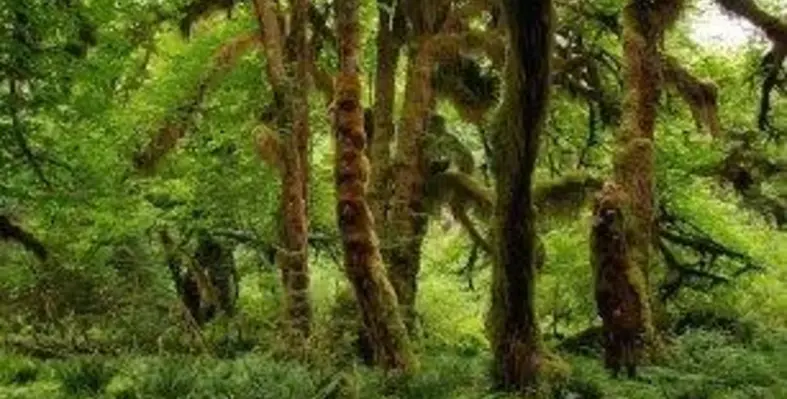Everland has launched its inaugural webinar event REDD+, A Force of Nature, presenting the Wildlife Works Mai Ndombe REDD+ project in Congo, highlighting the critical importance to protect the Congo basin rainforest
Everland is the exclusive representative of the largest portfolio of high-impact, forest conservation projects across the globe.
REDD+ is an acronym for Reducing Emissions from Deforestation and Degradation, a climate change mitigation strategy introduced by the United Nations that is an essential part of the Paris Climate Agreement.
The REDD+ mechanism was designed to help stop the destruction of the world’s forests which is contributing massively to the climate crisis. REDD+ allows local landowners in the developing world to monetise their forest and biodiversity assets whether they are governments, communities, ownership groups, or private individuals.
The Congo basin rainforest is the second largest intact tropical forest on earth and left standing, offers the world an immediate low-cost climate solution that also protects habitat for threatened wildlife and a way to bring sustainable development benefiting the local the forest community.
Leading sustainability and corporate social responsibility executives, impact investors, policy makers and media from 26 countries were in attendance.
To address the climate crisis, the DRC has demonstrated longstanding leadership in UN Climate negotiations, representing Africa and advocating for the importance of forest conservation.
Madame Jeanne Ilunga Zaina, vice-minister of the environment and sustainable development in Congo, discussed the DRCs ambition for a green new future and praised Wildlife Works for its numerous achievements to stop deforestation and bring much needed benefits to the local forest community.
Basabo Boot’Ombala, chief of Batwa Pygymy Village of Ikita, one of 23 villages in the project area, was interviewed and she spoke about life in Ikita and what the Mai Ndombe REDD+ Project means to the Indigenous Batwa Pygmy community. Chief Basabo said, “Here in my village, the forest is our main source of everything. Our livelihood is highly dependent on the forest. That is the reason why we are saving the forest. We can’t survive without the forest. The forest is my and the whole (Ikita) populations survival.”












